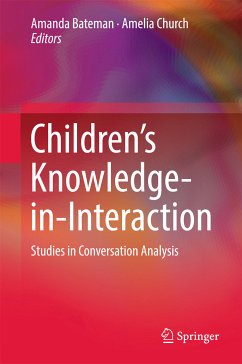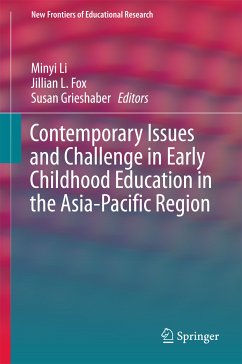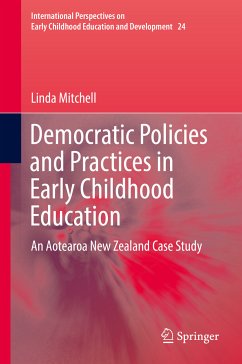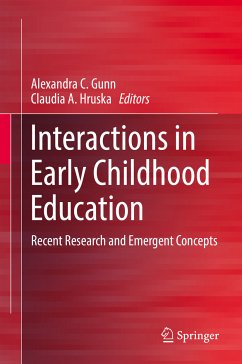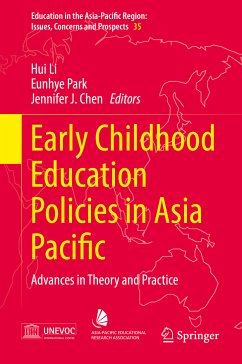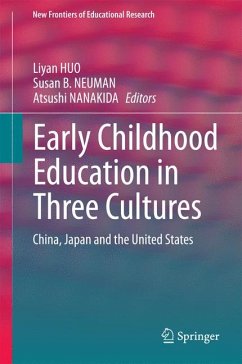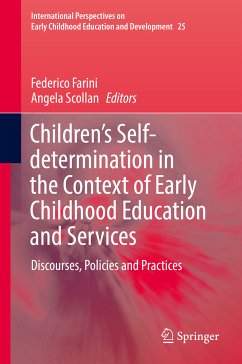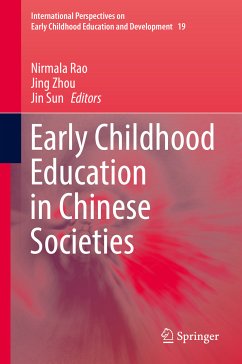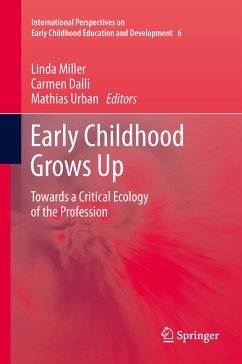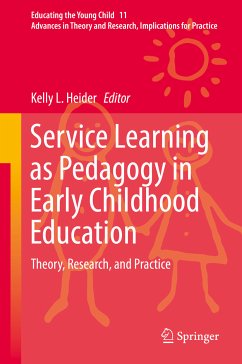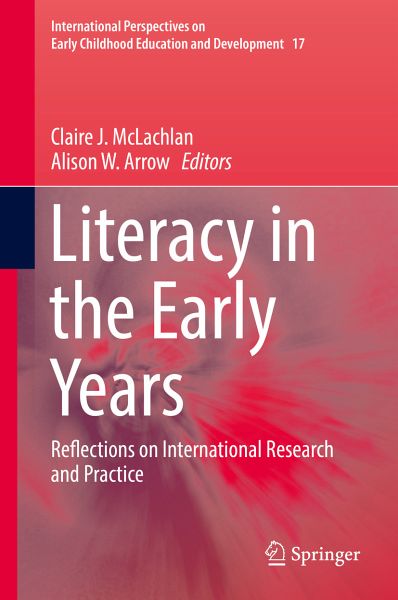
Literacy in the Early Years (eBook, PDF)
Reflections on International Research and Practice
Redaktion: McLachlan, Claire J.; Arrow, Alison W.
Versandkostenfrei!
Sofort per Download lieferbar
80,95 €
inkl. MwSt.
Weitere Ausgaben:

PAYBACK Punkte
40 °P sammeln!
This edited collection provides an in-depth exploration of different aspects of contemporary early childhood literacy research and the implications for educational practice. Each chapter details how the research was conducted and any issues that researchers encountered in collecting data with very young children, as well as what the research findings mean for educational practice. It includes photographs of effective literacy practice, detailed explanations of research methods so the studies can be replicated or expanded upon, and key features for promoting effective literacy practice in early...
This edited collection provides an in-depth exploration of different aspects of contemporary early childhood literacy research and the implications for educational practice. Each chapter details how the research was conducted and any issues that researchers encountered in collecting data with very young children, as well as what the research findings mean for educational practice. It includes photographs of effective literacy practice, detailed explanations of research methods so the studies can be replicated or expanded upon, and key features for promoting effective literacy practice in early childhood settings. This book is an essential read for everyone who is interested in exploring the complexities and challenges of researching literacy acquisition in the youngest children.
Dieser Download kann aus rechtlichen Gründen nur mit Rechnungsadresse in A, B, BG, CY, CZ, D, DK, EW, E, FIN, F, GR, HR, H, IRL, I, LT, L, LR, M, NL, PL, P, R, S, SLO, SK ausgeliefert werden.



